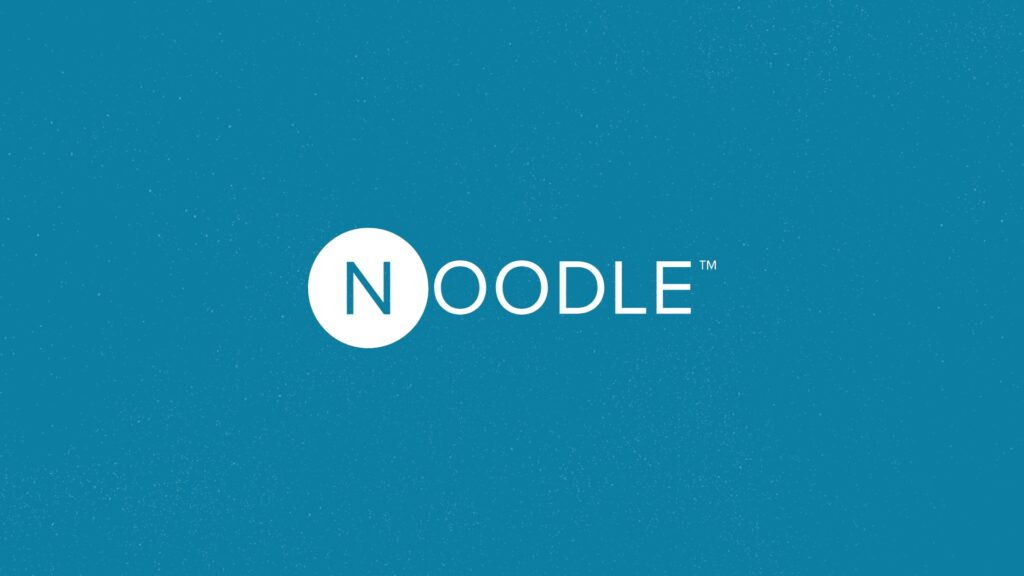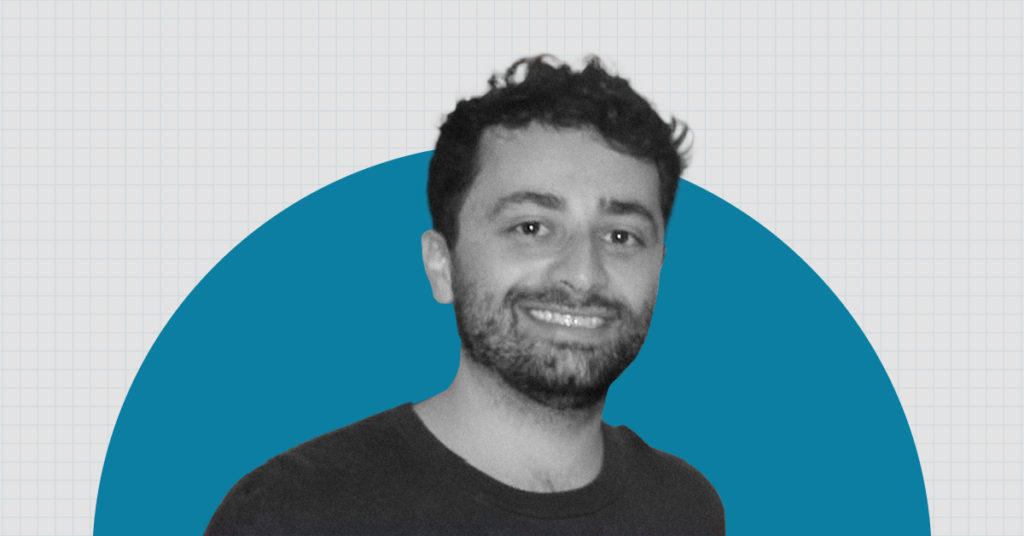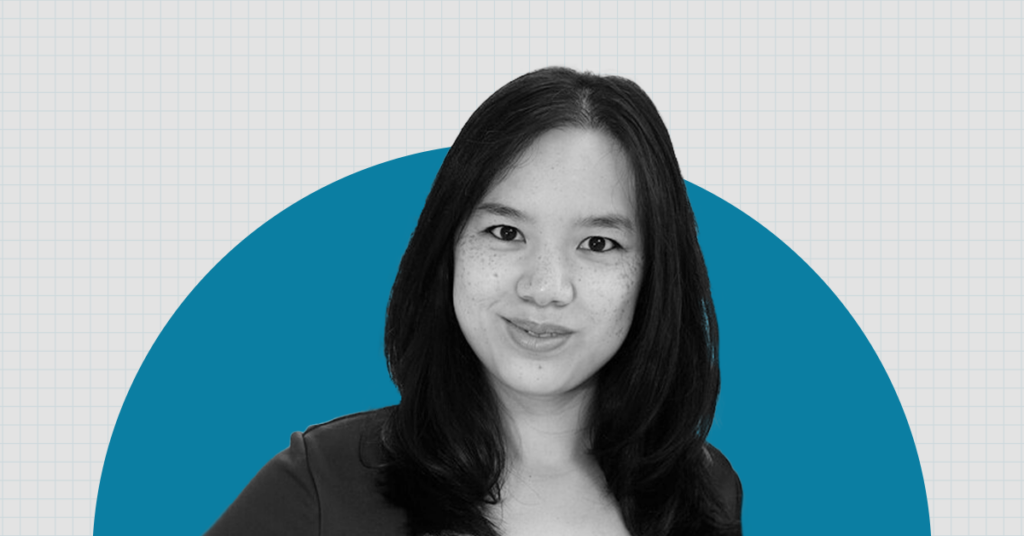Dr. Melora Sundt joined Noodle Partners after working as a Professor of Clinical Education at the University of Southern California’s Rossier School of Education. In that role she designed, built and taught several online and blended doctoral programs. Sundt also served as Executive Vice Dean, overseeing degree programs, student services, faculty affairs, continuing education and research. In addition, she chaired the design teams that created the MAT@University of Southern California program, the Global Executive Ed.D. and the new online Ed.D. in Organizational Change and Leadership.
Meet Noodle’s Chief Academic Officer Dr. Melora Sundt
“You must always speak up, because a lot of what you’re doing is modeling for others.”
What public figure today has had the most influence on your life and why?
Former First Lady Michelle Obama. I enjoyed her so much while she was in the White House, then really appreciated her memoir Becoming, in which she discussed developing her own sense of identity and building her self-confidence. And I very much appreciate her strong sense of ethics. One quote on equality that returns me often is “To every young person that is poor and working class, and has been told regardless of the color of your skin that you don’t belong, don’t listen to them. They don’t even know how they got at those seats.”
What female figure in your personal life has been the most influential to you and why?
My family goes back to the Mayflower, and several generations of the women in my family since then have led quite extraordinary, really courageous lives. My mother’s mother, for example, was a trained nurse, and my grandfather was a surgeon. Together they embarked on a mission to different parts of the world in order to enrich people’s lives through health care. They spent about 15 years providing healthcare in the Hunan Province of Central China, beginning in the 1930s, which was a tense time because it was not long after the Japanese invaded Manchuria. As a result, my mother was born in China and her first language was Mandarin. My mom inherited a tremendous work ethic, too, as well as a desire to correct injustice wherever she could. She went on to become a judge in family court. She still works now as a mediator at age 83, to help people find agreement themselves.
As a woman, what are the biggest challenges you face today in the business world and why?
I spent most of my life in academia before entering the business world, and so one of my biggest challenges has always been being underestimated. I come from a long line of teachers, and education has always been important to me, so when I started out – always as the youngest person on the faculty – I often wore black so that people would take me seriously.
What elements or traits do you think a strong female leader should have and why?
To me one of the most important traits is vision, being able to know where the team needs to go, supported by the courage to speak up, and a strong sense of ethics. You must always speak up because a lot of what you’re doing is modeling for others.
What is it about your background that successfully positioned you for your current role at Noodle?
First, it’s important to understand that colleges don’t always behave like businesses. As a child I was constantly in conversation with adults, and so that beginning was very helpful. I was later trained as an academic, then crossed over to be a faculty member as well as an administrator, so I understand the many aspects of the culture unique to institutions of higher education.
Describe how your career has been enhanced by exposure to diverse people, places or experiences.
I spent most of my life at different universities, and so that has enabled me to see firsthand how corporate culture can vary so much from place to place. I also worked as an administrator at a number of different Planned Parenthood sites around the country, sometimes in very rural settings where it represented the only healthcare available to local women. I met so many women who didn’t know the first thing about how their bodies worked, and that drove home to me the importance of education. It led me to dedicate myself to ensuring access to education.
How do you build momentum as a leader among diverse stakeholders at Noodle?
At the core it’s about listening and building relationships. It’s about understanding everyone’s perspectives and hopes, and earning their trust. It’s also about vision, constantly describing where we want to go – and “pushing on the why.”
What is the most effective tool in your leadership arsenal and why?
Again, listening and observing. It’s so important to understand the other person’s point of view, and say things intentionally so that other people really hear them. And it’s also important to speak up, to say something if you see something.
How can women “pay it forward” in encouraging and supporting other women in the workforce around them? Have you yourself experienced this in your own career, either through your actions or the actions of other women?
I have experienced it. What we can do for each other is listen, then offer a thoughtful reflection to help to work through any issues. It’s also important to be sensitive about women’s interests in general and keep an eye out for any other opportunities to offer guidance and support.
According to recent data from the Center for American Progress, 41% of women are the sole or primary breadwinners for their family, earning at least half of their total household income. How does this historic shift reflect the changing status of women in America?
In fact, I suspect that percentage is low. I myself have been the key breadwinner in my family since 1987 when my career started to take off. The traditional male “Head of Household” is totally a construct but has always been treated like it’s a real thing. I remember I used to wear a button back in my college days that read “59 cents.” That referred to what women made compared to men earning a dollar for the same work, and I believe it’s not much better today.
Mae Jemison, the first black woman to travel in space, has said, “Never limit your imagination because of others’ limited imagination; never limit others because of your own limited imagination.” How does that quote resonate with you?
It does resonate with me. It’s a warning about making assumptions, because they are so powerful. What’s right or what’s appropriate is just an assumption, and many times we don’t even realize how much we’re assuming.



